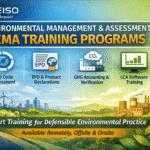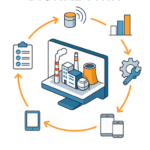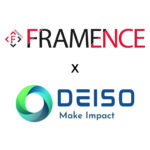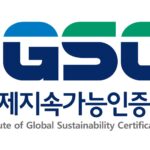Features of the R&D Services
Designed to Serve Industries, Companies, & Academia
Collaboration with Academic Institutes
Designed for both Developed & Developing Countries
Collaboration with International Organizations
Special Focus on Technology Development and Innovation
Designed for the Capabilities to be Delivered Remotely
Based on both Academic & Business Expertise
Features of the Department Services
AN OVERVIEW
At the Department of Research & Development (DEISO R&D), we conduct research work. We create sustainable development services and solutions based on scientific-based research, analytical approaches. We conduct evaluation studies to support industries, and companies, academia. We aim to help industries and universities develop their technologies and projects, providing, e.g., assessment of technology development and innovation, chemical plant design, process simulation, and optimization. We investigate energy reduction potentials and reduce waste produced, design recycling systems of such technologies, and evaluate their environmental, health, social, and ecological impacts along with the cost concerns.
DEISO R&D aims to contribute to sustainable development, economic growth, maitinanging the environment, resources, public health, and the improvement of populations and social welfare through research in the social sciences. We aim to provide realistic solutions to several environmental and sustainability issues, CO2 reduction, resource management, recycling, managing municipal and e-waste crises in several developing countries, researching disaster prevention, risk evaluation, market analysis, and several other relevant topics.
Services
- Collaborative research in the fields of technology development and sustainable development with research institutions.
- Climate change mitigation.
- Environmental impact assessment; energy analytics and optimization; and financial performance in developing green technologies.
- Integrated environmental impact assessment, chemical process simulation, and optimization powered by chemical laboratory experiments to guide technological development.
- Zero waste development of production processes.
- Assessment and impacts of low-carbon technology innovation; R&D investment in renewables; and GHG emissions from energy use.
- Evaluate the environmental impact of municipal and e-waste management systems; and develop Waste-to-Energy (WtE) plans for developing countries.
- CO2 reduction; carbon footprint assessment; carbon capture and utilization; voluntary carbon offset; and climate change mitigation.
- Energy analysis and evaluation.
- R&D on agriculture.
- Circular economy: use and effectiveness of resources; policy development to foster economic circularity.
- Evaluating and developing sustainability frameworks.
- R&D for the design and management systems of the environment.
- Development of Life Cycle Assessment (LCA) research and evaluation, including, e.g., assistance approaches, such as distance-to-target weighting factors, lifecycle thinking, and integration approaches.
- Developing and evaluating the multi-faceted aspects of integrated waste management systems: environmental, economic, and social considerations for developing countries.
- Research and development at landfills for waste management.
- Collaboration with international organizations for the support of developing countries.
- R&D on biofuels from Agri-waste.
- R&D on environmental issues analysis and evaluation of municipal and e-waste recycling activities; disaster; hazardous and medical waste management; food waste studies; and recycling systems; climate change; land use; pollution; water management, for developing countries.
- LCA uncertainty and sensitivity analyses.
- Socio-economic, resilience, environmental and social policies.
- Social welfare research.
- Market research.
- Data services.
- Supply of Life Cycle Inventory (LCI) data estimates.
- Life cycle sustainability assessment (LCSA).
Share this:
- Email a link to a friend (Opens in new window) Email
- Share on LinkedIn (Opens in new window) LinkedIn
- Share on X (Opens in new window) X
- Share on Facebook (Opens in new window) Facebook
- Share on WhatsApp (Opens in new window) WhatsApp
- Share on Reddit (Opens in new window) Reddit
- Print (Opens in new window) Print
- More

